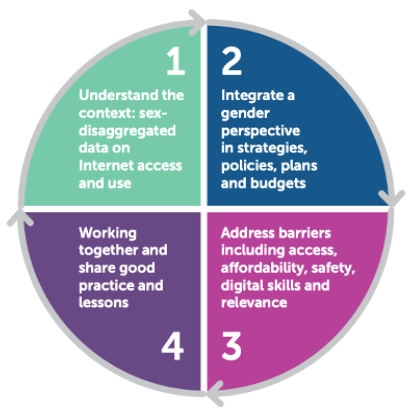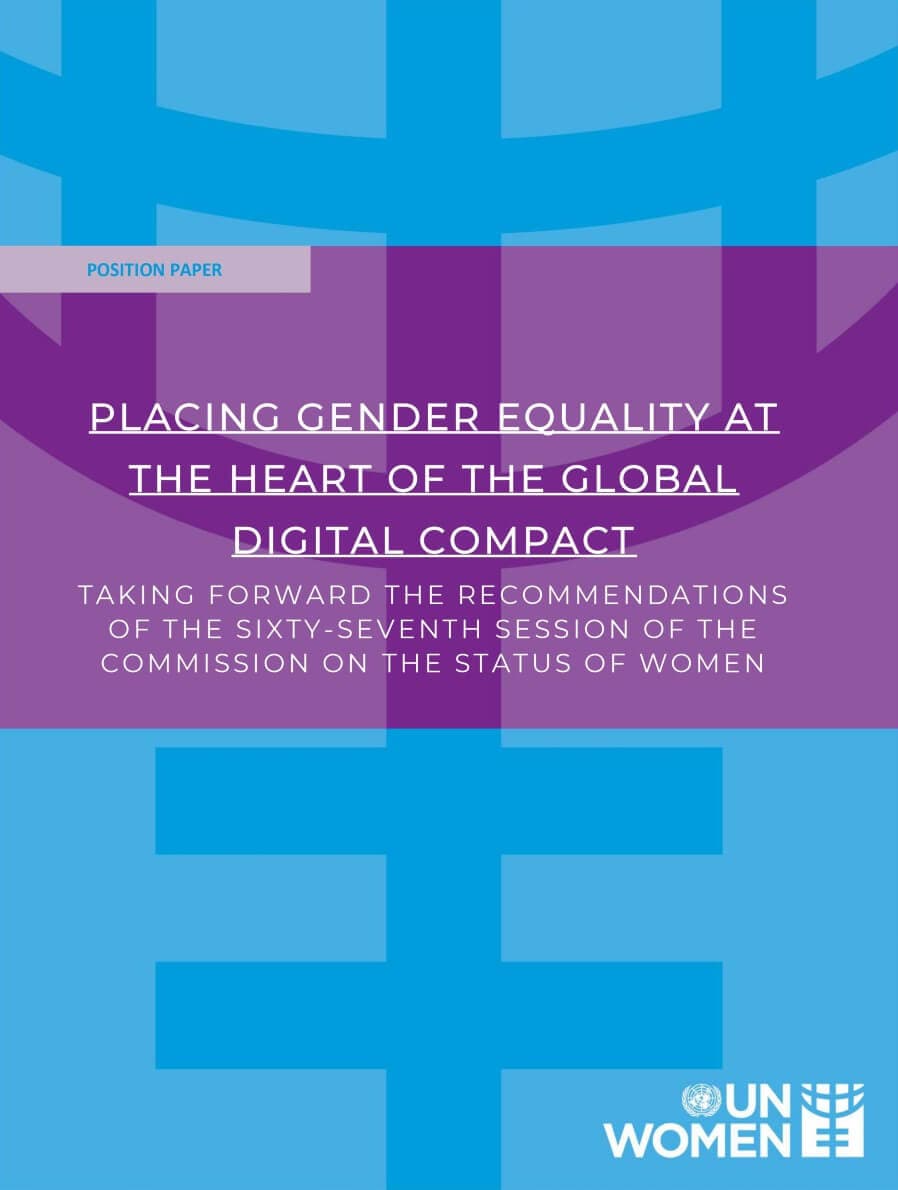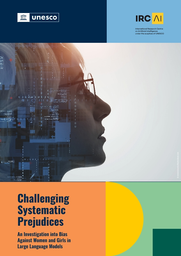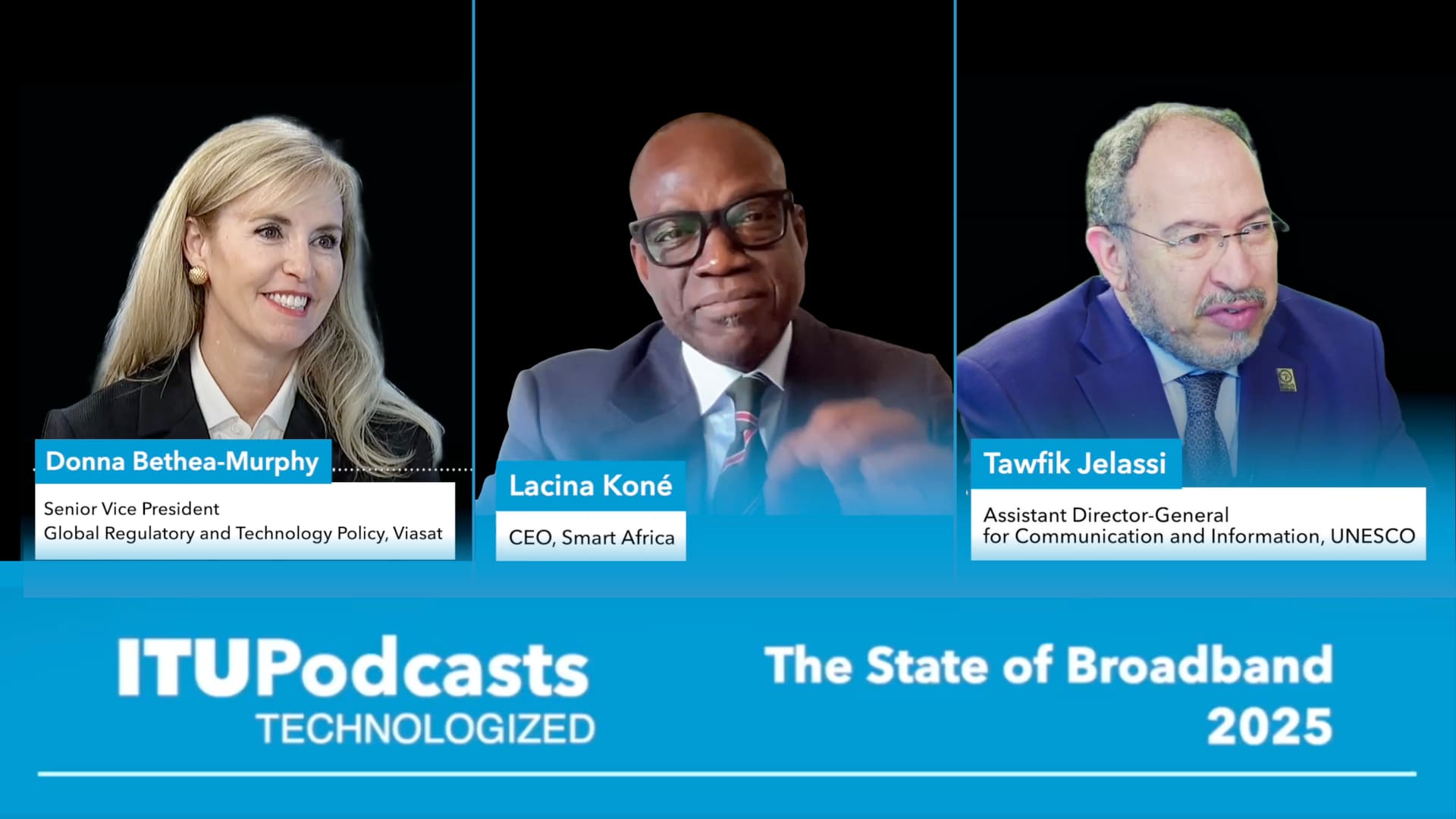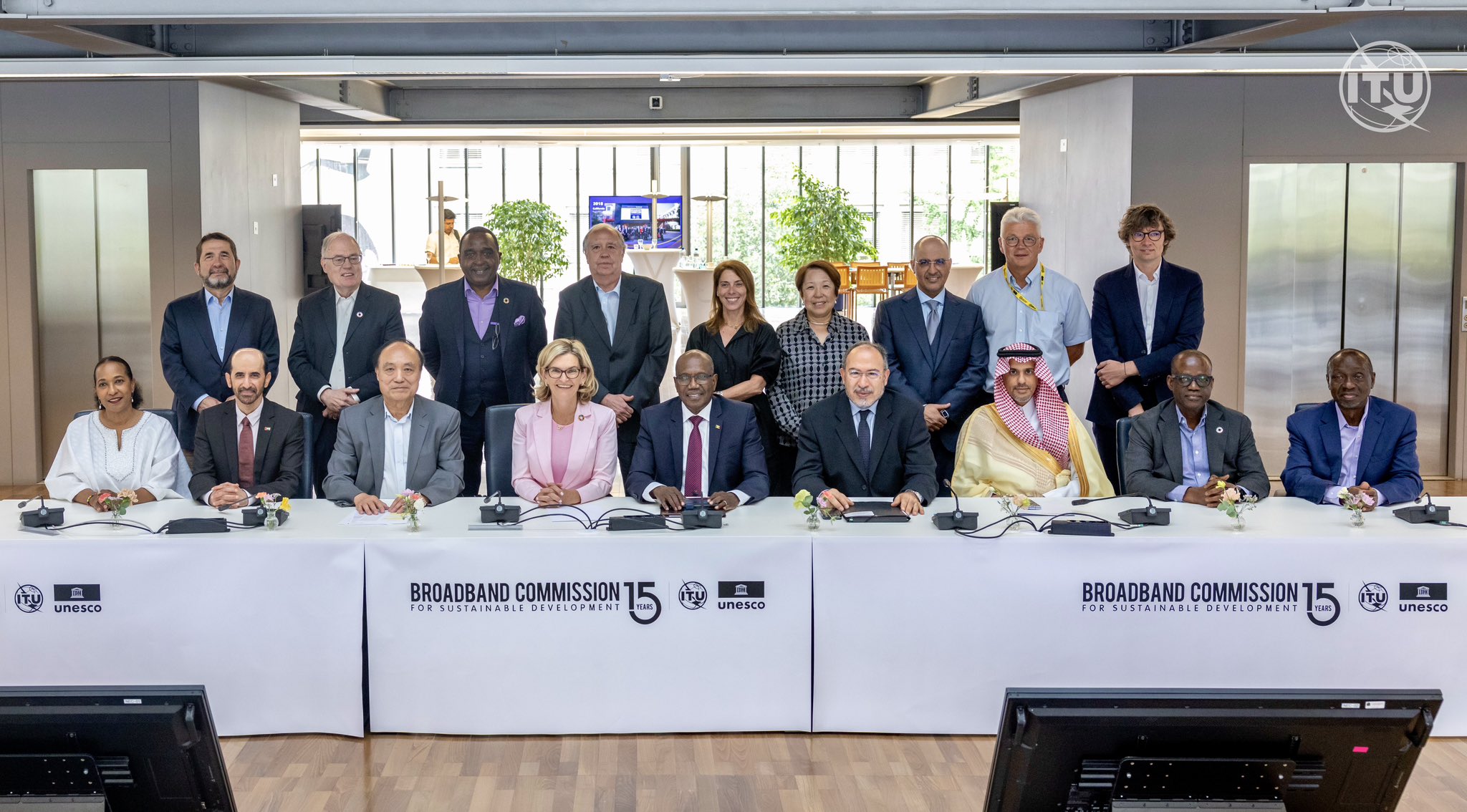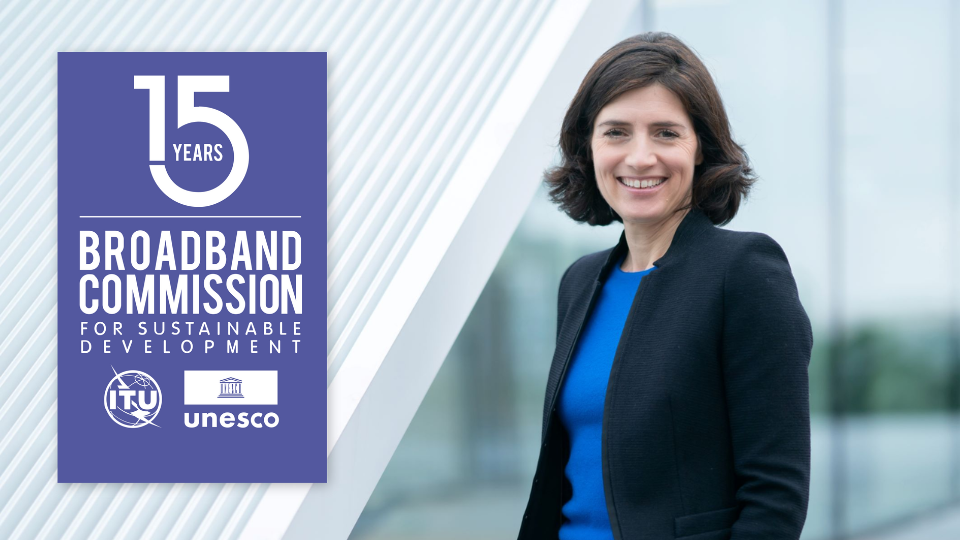The Broadband Commission introduced its the 7th Advocacy Target: to achieve gender equality across all targets in 2013, drawing attention to the importance of gender equality among Internet users, so that the benefits of broadband Internet reach all. Since then, the Broadband Commission has hosted Working Groups and produced reports focused on actions to close the gender digital divide.
The reports highlighted key actions for closing the digital divide, which remain relevant today.
In celebration of Women’s International Women’s Day and the 68th Commission on the Status of Women (CSW68), on 11 March 2024, the Broadband Commission, in collaboration with WSIS, hosted a dialogue to share initiatives, actions and recommendations from its multistakeholder panel on how to narrow the gender digital divide.
The event was moderated by Ms. Sylvia Poll, Head of the Digital Society Division in the Telecommunication Development Bureau, ITU, who asked speakers,
What are the next steps to closing the gender digital divide and how can we measure success?
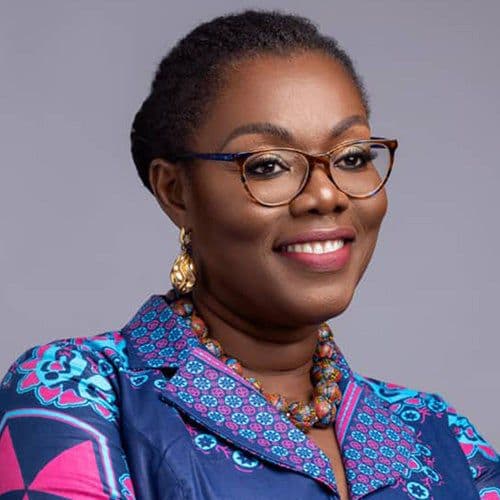
H.E. Ms. Ursula Owusu-Ekuful, Minister of Communications and Digitalization for Ghana & Broadband Commissioner stated, “Much has been done and more needs to be done, the more we act to address the issue the more we see the enormity of the challenge. Let’s put more resources into training providing more digital skills for women and providing opportunities to them in the workplace, more resources will solve the problem better”
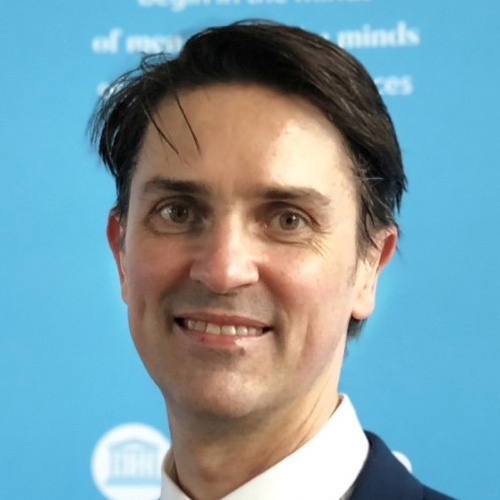
Mr. Cedric Wachholz, Chief, Section for Digital Policy and Digital Transformation of UNESCO focused his intervention on implementation, sharing, “There is a lot of goodwill but not capacity. Let’s strengthen government capacities to translate the ambitions into reality and overcome these obstacles.”
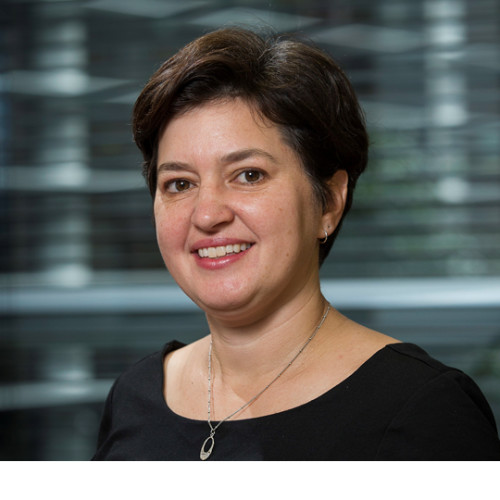
Ms. Claire Sibthorpe, Head of Digital Inclusion, Mobile for Development (M4D) for GSMA emphasized the need to keep collecting data. “If we do not measure and understand the problem, we cannot address it. We need to invest more, and we need to work together, no one stakeholder can do it together.”

Ms. Giuseppina Curreli, Director of Political Relations and Education Programs for Millicom highlighted the fundamental need for baseline connectivity. She added, “we want programs and capacity, but there must be connectivity. The deployment of connectivity is gradual and adjusted to the territory and community.”
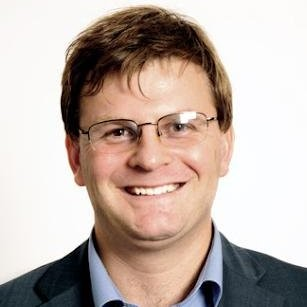
Mr. Benoit Louvel, Customised Solution Front Office Director for Orange Business Services & WSIS Gender Trendsetter, spoke to the need to make ICT jobs more attractive to women, going on to say, “we must have more women at every level of an organization, different women involved in all teams.”

Ms. Helene Molinier, Senior Policy Advisor on Innovation of UN Women closed the discussion with two calls to action. The first, to “build bridges between the gender and tech community”, noting that we cannot work in silos and the second to, “try to generate as much political engagement as possible.” Adding that the CSW event shows us that at the technical level stakeholders are in agreement, but political engagement is necessary to make things happen at the national levels.
Learn more about the work of Broadband Commissioners in closing the gender digital divide in this year’s International Women’s Day Impact Story Compilation.
Speaker Resources and Reports

